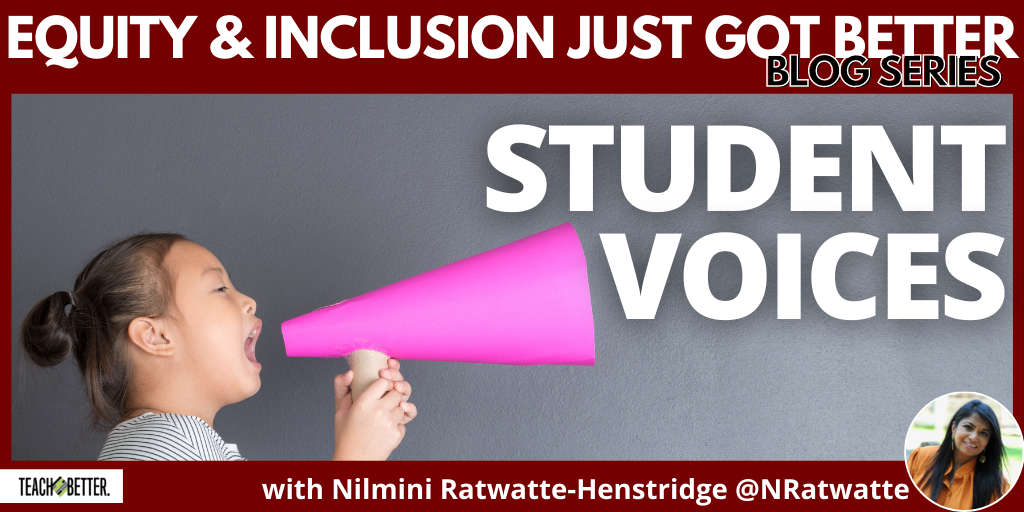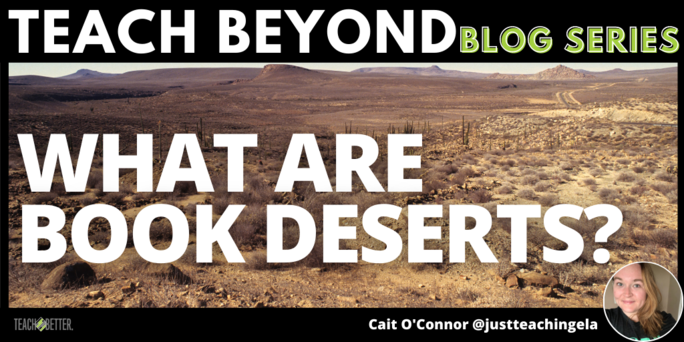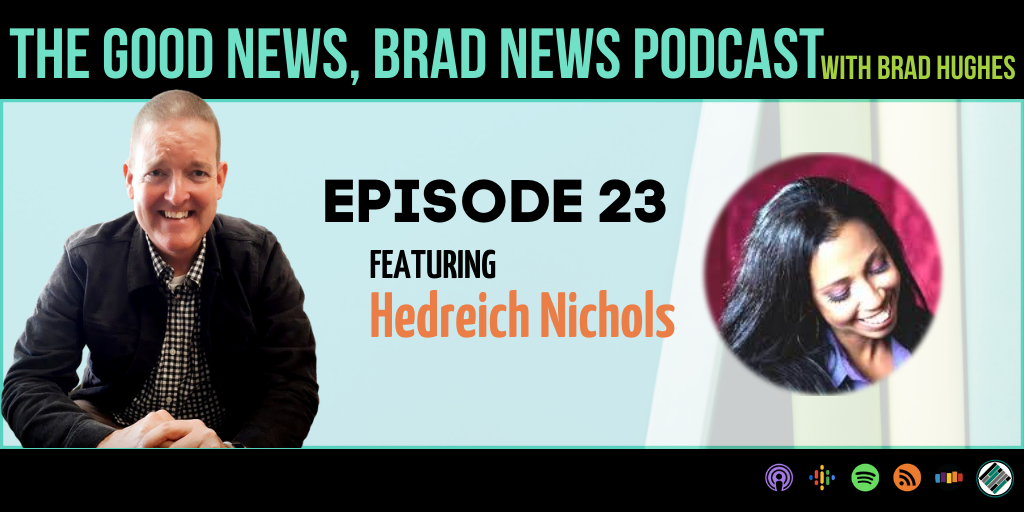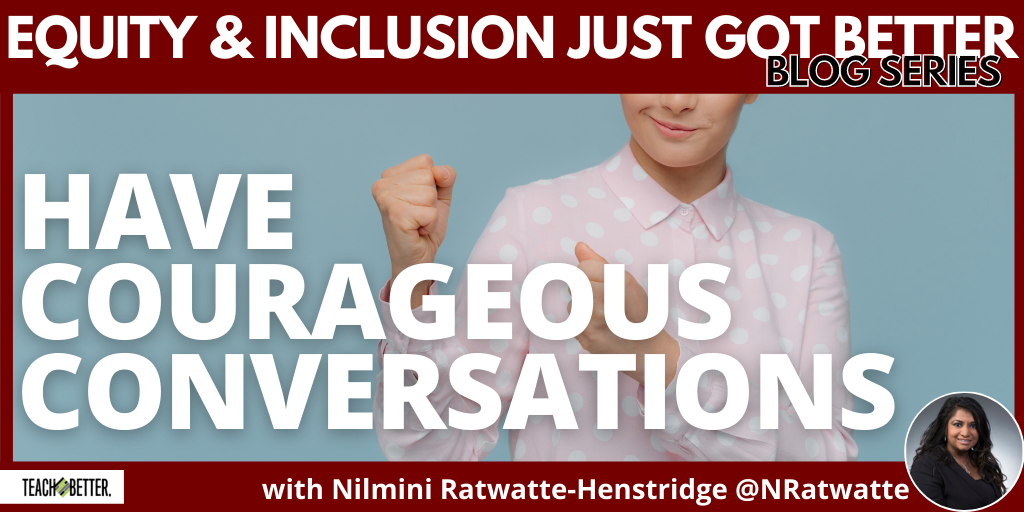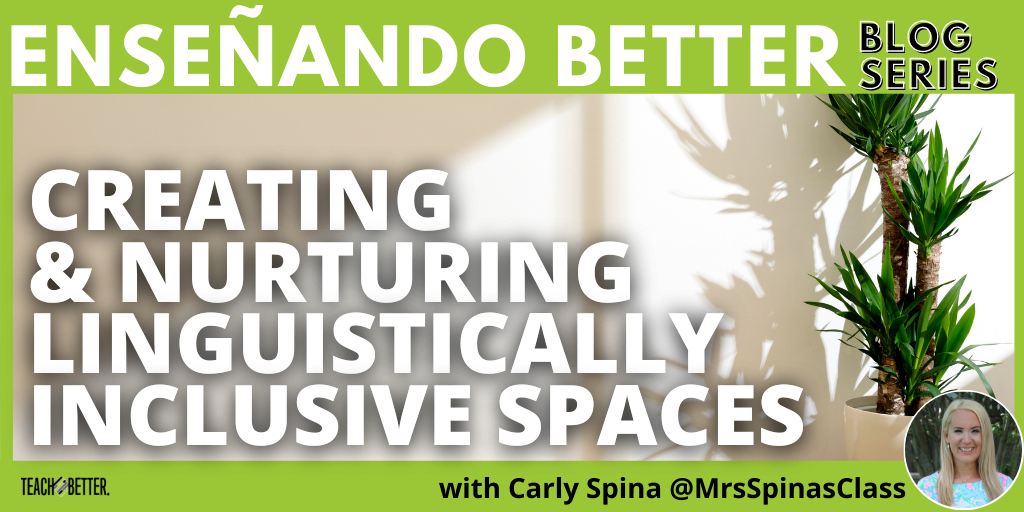TL;DR: No matter the grade level, emphasize student voices. Let students have a voice; hear their opinions and build upon them. Consider student voices when lesson planning and teaching curriculum and content knowledge. “Equity and Inclusion Just Got Better” Journaling/Reflection Questions: How would you incorporate student voice into your curriculum? What does advocacy look like for you as an educator? … Read More
What Are Book Deserts?
TL;DR: A book desert is defined as a “geographic area with limited access to age-appropriate books, print materials and reading culture.” Reading requires time and access to materials. Students have a right to quality, diverse, and robust selections of books. Consider representation in reading materials. Readers who can see themselves in books are more likely to pick up more books. What is … Read More
Episode 23 | Featuring Hedreich Nichols
Hedreich Nichols is a curriculum designer and Middle Years Program district edtech lead from North Texas. She is also an author and equity consultant helping teachers and districts amplify the voices of all students. With her Cherry Lake Publishing equity series books, What is Anti-racism? and What is the Black Lives Matter Movement?, as well as her upcoming Solution Tree title … Read More
Have Courageous Conversations
TL;DR: Advocate for equity and inclusion by being brave and honest. Know you can’t control the reaction of others, but you can control your actions to create positive spaces. Don’t let the voice of someone be silenced. It’s not ok, so speak up. This post shares 4 steps to having courageous conversations. Journaling/Reflection Questions for Courageous Conversations: Can you plan … Read More
Creating & Nurturing Linguistically Inclusive Spaces
TL;DR: Dig into your own language identity and reflect on the ways in which language is weaponized. This post shares a number of ways we can create and nurture linguistically inclusive and linguistically safe spaces in our classrooms, schools, and communities. Consider your instructional materials, start a campaign, and engage with your local agencies or businesses. “You’re in America. Speak … Read More

